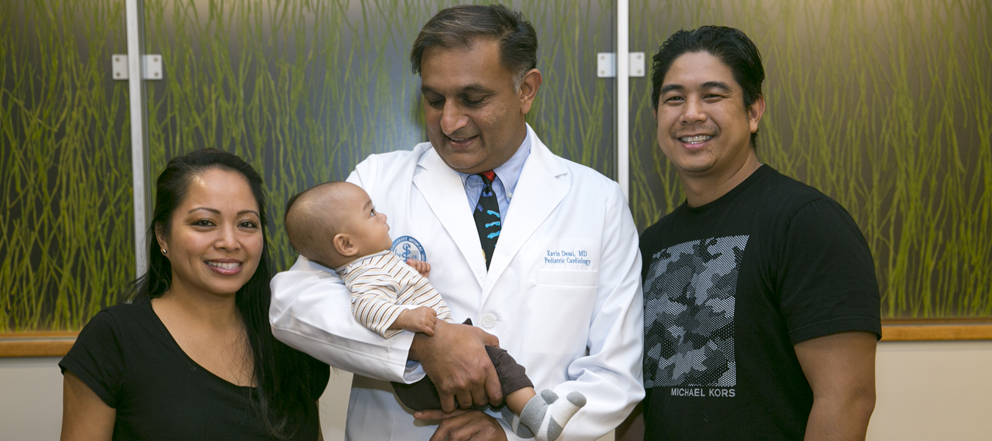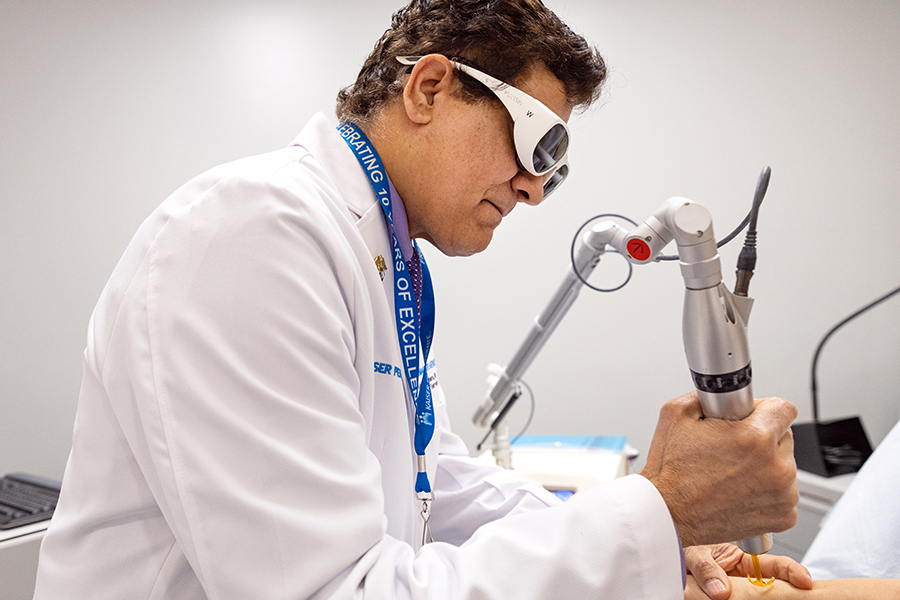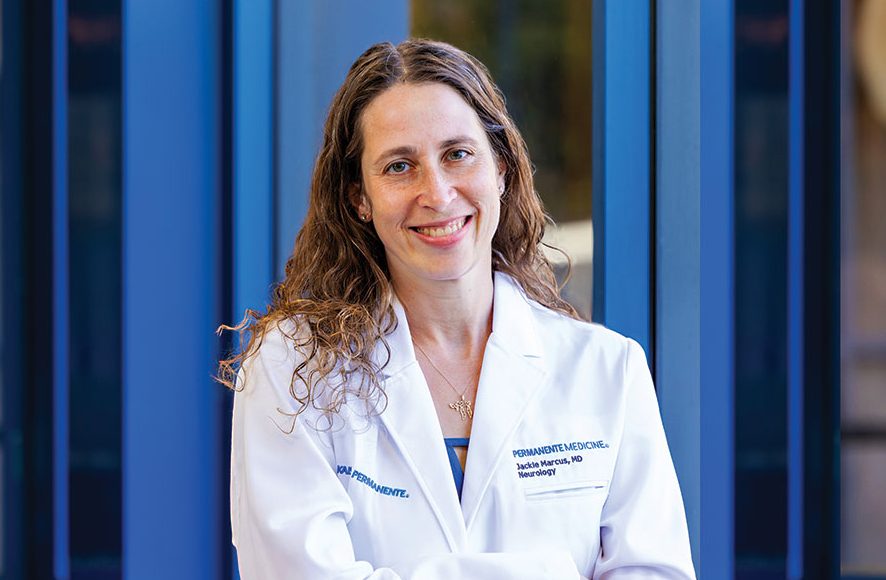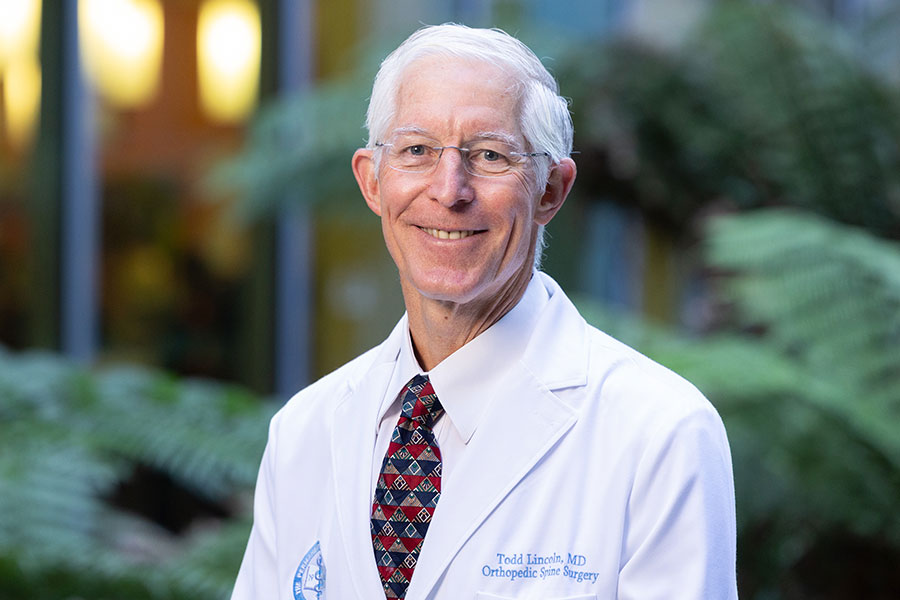Gladys Viray expected a routine ultrasound at Kaiser Permanente San Leandro during her third trimester of pregnancy.
But instead the screening detected a heart valve deformity that developed late in her baby’s gestation. Viray was placed under the care of Kavin Desai, MD, a longtime pediatric cardiologist and fetal cardiology expert at the medical center who manages in utero heart conditions in the surrounding area, including not only San Leandro but Union City, Fremont, and Hayward, where his office is located.
After Viray delivered her baby at the San Leandro Medical Center, an echocardiogram confirmed Ilias had congenital pulmonary valve stenosis, a condition characterized by obstruction to blood flow from the right ventricle to the pulmonary artery. But he did well in the NICU and was able to go home with his family five days later, with Dr. Desai monitoring him regularly in anticipation of cardiac intervention in the future.
Catching the Tiniest Patients’ Heart Conditions
Every Kaiser Permanente patient in Northern California who requires advanced prenatal cardiac diagnosis and management gets referred to Kaiser Permanente’s fetal cardiology program, formalized in 1999 by Dr. Desai.
The program’s system of ultrasound training and education, combined with Kaiser Permanente’s integrated health care delivery system, is catching as many of these cases as possible—currently 75 to 80 percent, which is far higher than outside of Kaiser Permanente.
This is how it works: A special educator trains the technicians and clinicians who perform prenatal ultrasounds on how to screen for fetal heart irregularities, resulting in pregnant patients getting a very closely scrutinized ultrasound early in pregnancy. If anything looks abnormal, a referral is made to a perinatologist for an advanced ultrasound. Then, if any cardiac abnormalities are confirmed, the mother is referred to the regional fetal cardiology program, which is actually a network of fetal cardiologists and fetal echo labs working together to serve all Kaiser Permanente members in Northern California.
“When a pregnant woman is referred to us, we make every effort to get her in for evaluation quickly, usually the same or next day, since these situations can be very stressful for parents,” said Dr. Desai. “A rapid diagnosis and treatment plan allows parents to understand what is happening with their baby and what to expect, while giving the medical team time to prepare for any specialty care that may be required prenatally, during delivery, and after delivery.”
Most fetal heart abnormalities discovered are structural, such as a hole in the heart, missing chambers, or improper connections, for example. Other cardiac conditions may include heart rhythm abnormalities such as extra beats or heart rates that are too fast or too slow.
Once a cardiac condition is diagnosed in utero, various medical and interventional therapeutic options are available both before and after the baby is born, including medication for the mother as well as medication and surgery for the baby.
The early intervention pays off: Studies show that outcomes for babies born with congenital heart disease are improved if they are diagnosed prenatally rather than after birth.
A Thriving Baby
In the case of the Viray family, Ilias’ late-presenting heart issue was very unusual.
Dr. Desai saw baby Ilias weekly after his birth, looking for worsening of the valve, which would mean intervention with catheter angioplasty or even surgery. But Ilias’ condition has so far stabilized and his appointments have dropped back to every three months.
Now seven months old, Ilias is eating rice cereal and sitting up on his own—normal milestones that are special in light of his health issues.
“I was so comforted to know that Kaiser Permanente had specialists to help us,” Gladys Viray said. “Dr. Desai is calm, patient, and has a great way of explaining things simply. In a ranking with 10 as the best, I would give him an 11.”
This article ran in Look Inside KP on November 30, 2016






